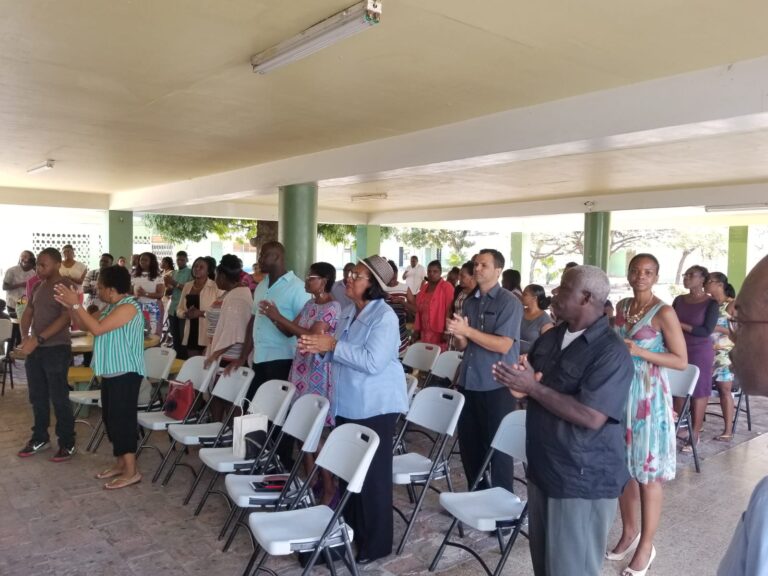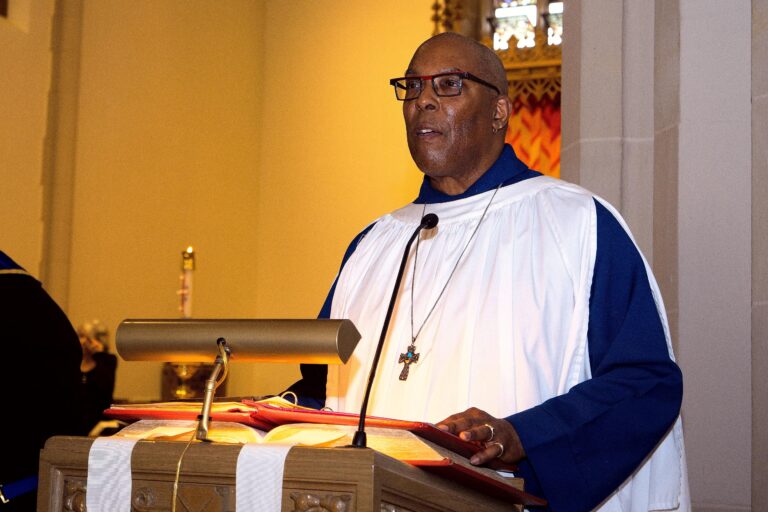Good morning family. This morning, we continue with our study on prayer from Pastor Barry Hall.
Focus Scripture: Matthew 6:9-15. And forgive us our debts, as we forgive our debtors. (12)
On the surface this presents a dilemma to the church as the bible teaches that all who believe on Christ have been forgiven of all sins, sins present, past and future (Acts 10:43; 1Jhn. 1:7; 2:12). Furthermore, if all our sins were not covered it would require Christ to die again for each time that we sin after our initial forgiveness. That would now require additional forgiveness, BUT he died once and for all times (Rom. 6:9-10; 1Pet.3:18; Heb. 10:10) and the consequence of his death are eternal.
Contextually, Jesus taught this prayer before his own sacrificial death. The old covenant was still active, the new covenant (Jer. 31:31-34) would not be enacted until his death. Forgiveness came through the sacrifice of animals which was only good up until that sacrifice. Should one sin again more sacrifice was required, therefore the priest of the times would never cease sacrificing but Jesus having sacrificed once sat down as no more was required. (Heb.7:27, 10:10). Christians, the church, stands forgiven for all times and never need additional forgiveness.
Does then mean that that that verse of the disciple’s prayer is no longer relevant? No, not in the same way, it would now read and be understood as, “help us to forgive others as we have already been forgiven”. Forgiveness to others is not a choice but is compulsory, because we have already been forgiven. This fulfills the mandate to love your neighbor as you love yourself. (Matt. 22:39) This also aligns with what Jesus taught to leave your gift and go fix it between you and your brother. (Matt. 5:23-24)
The implication is that unforgiveness hinders our prayer. There are many who will still stubbornly refuse to forgive, many will still cling to forgiving but not forgetting. But in the same way that our sins are remembered no more (Heb. 8:12), so should we forgive. This is an eternal principle of God as demonstrated in Leviticus (16:10; 21-22) where one animal is sacrificed, to meet the required penalty and the other is set free, being designated as the Scapegoat. The freeing of the scapegoat was symbolic of sins being forgiven and never remembered; God never remembers sins forgiven (Micha 7:19) the Psalmist declares, ‘As far as the east is from the west, so far has he removed our wrongdoings from us.’ (103:12). Godly forgiveness requires us to let go, to forgive and remember no more.
How about you? Are you harboring unforgiveness? Is it a challenge to let go? If you fail to forgive your prayers will fail to be heard. Forgiveness is both human and Divine.
Every blessing.



